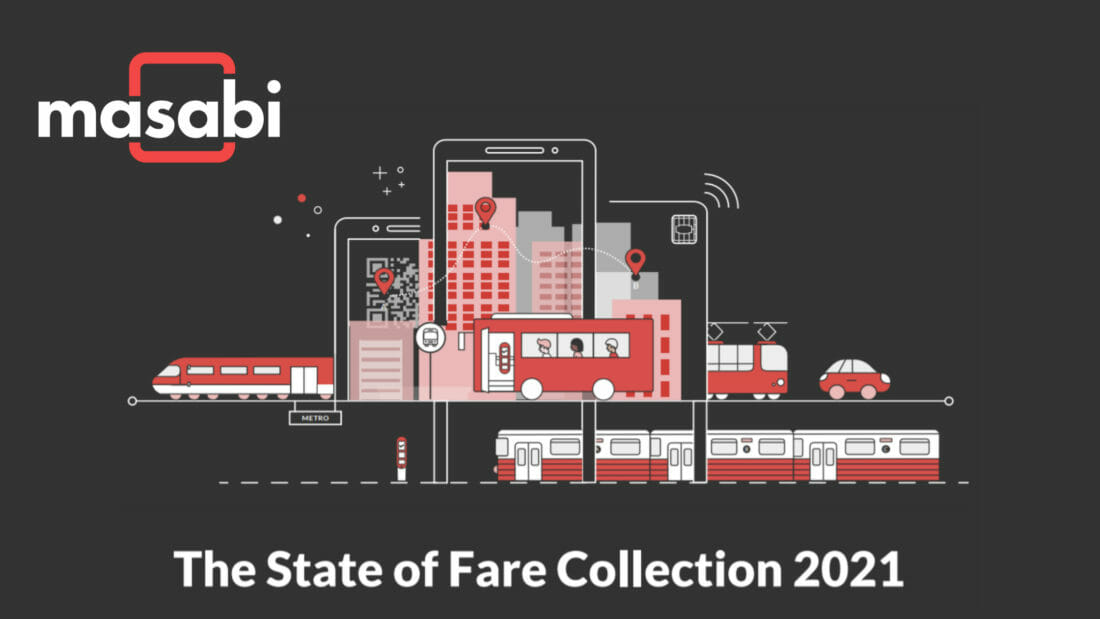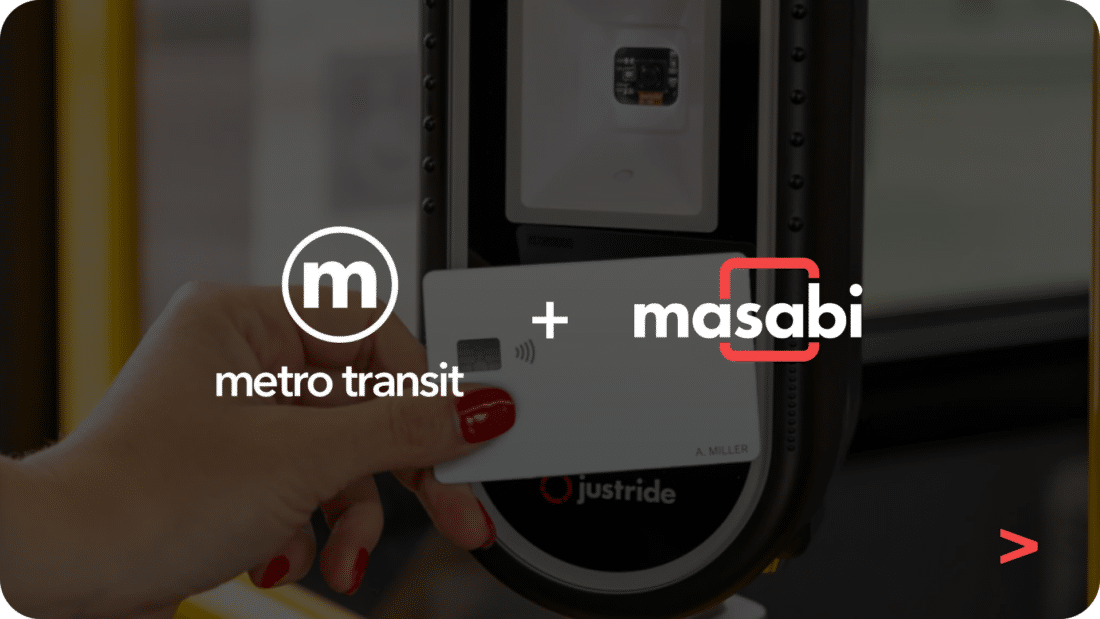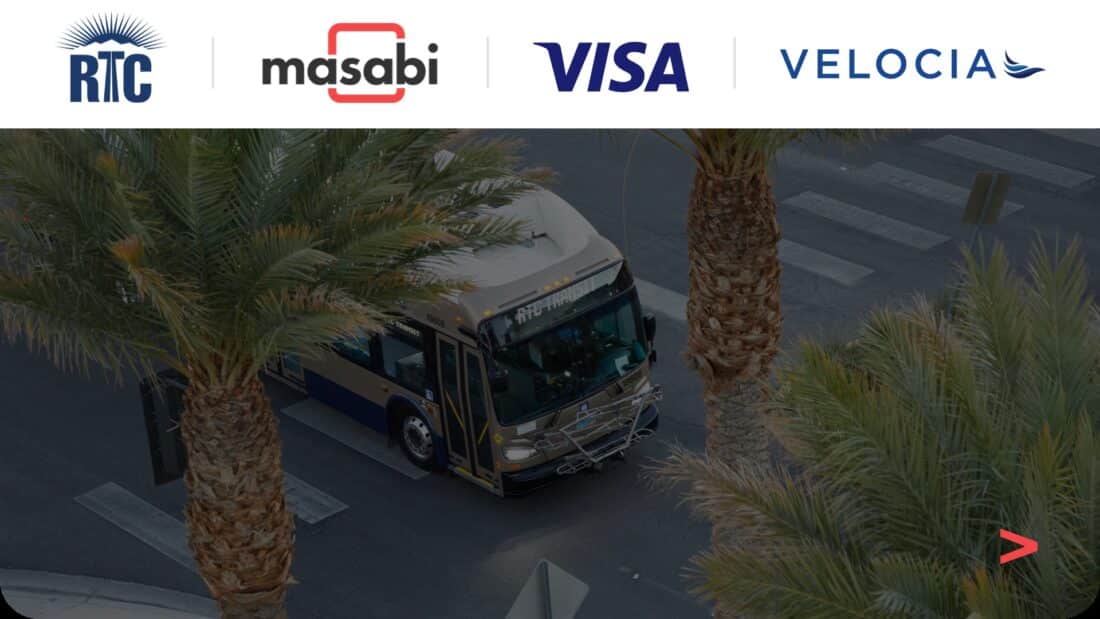
Masabi Survey Reveals 92% of Transit Agencies Planning Fare Payments Innovations to Bring Riders Back But 4 out of 10 Say Systems ‘Hard’ to Update, Stifling Progress
Bespoke AFC Systems Holding Back Roll-Outs of Mobile Ticketing, Contactless EMV and Account-based Ticketing, Agencies Shifting to Fare-Payment-as-a-Service Approach
New York, USA – 8th November 2021 – Masabi, the company bringing Fare Payments as-a-Service to public transit, today published its bi-annual research report: The State of Fare Collection. The report, based on a survey of 59 transit agencies from across the world, but predominantly based in North America, provides a snapshot of industry thinking around fare collection trends, ticketing technologies and innovation. The company issued the survey in the late summer of 2021 to professionals working for transit agencies and operators, with a particular focus on fare collection teams. The full report is available for download here.
The research shows that 92% of agencies plan to adopt fare payment innovations to bring riders back on board. More than half of agencies aim to launch mobile ticketing and just under half intend to introduce contactless EMV (cEMV) payments using contactless bank cards and mobile phones. This shows that contactless technologies delivering touch-free rider experiences have become critical for agencies looking to increase safety, convenience and confidence in transit services for riders and operators alike.
However, most respondents are still operating bespoke systems that are slow to deploy, expensive, and are hard to update, with 43% of agencies reporting that they found it ‘hard’ or ‘very hard’ to deploy new ticketing features and functions. These agencies are unable to deliver new innovations without custom development and expensive change orders, and are less able to meet customer expectations and operational demands over time. Meanwhile, 42% of agencies and authorities say they will adopt a Fare-Payments-as-a-Service (FPaaS) approach for their next Automated Fare Collection (AFC) system, with just 17% planning on sticking with bespoke systems.
Worryingly, only a third of agencies surveyed thought they had secured a good deal from their AFC supplier, and only 15% would recommend their supplier to another agency. However, the results varied considerably for agencies operating a Fare-Payments-as-a-Service (FPaaS) approach with 67% of agencies believing they had both a good deal and would recommend their supplier.
FPaaS offers a better approach to agencies wanting to provide the latest fare payment services for passengers. Instead of agencies needing to buy a system that is designed and built from scratch, public transit agencies and operators can sign up to a shared platform to reduce cost, risk and provide constant feature updates. This approach enables agencies to deliver the latest innovations to riders extremely quickly and to add capabilities as they are released onto the platform.
“This pace of change of industry thinking since our last survey in 2019 has been impressive with the vast majority of agencies recognising the need for fare payment innovation and this shift has only been accelerated by the need to bring riders back on board following the pandemic,” said Brian Zanghi, CEO of Masabi. “It’s also noticeable that in parallel the industry is looking to FPaaS as the answer to delivering these innovations. In 2019 we talked about the need for a Fare Payments revolution, and the indications from this survey are that this is now well underway.”
Download the Research Report: The State of Fare Collection 2021.







